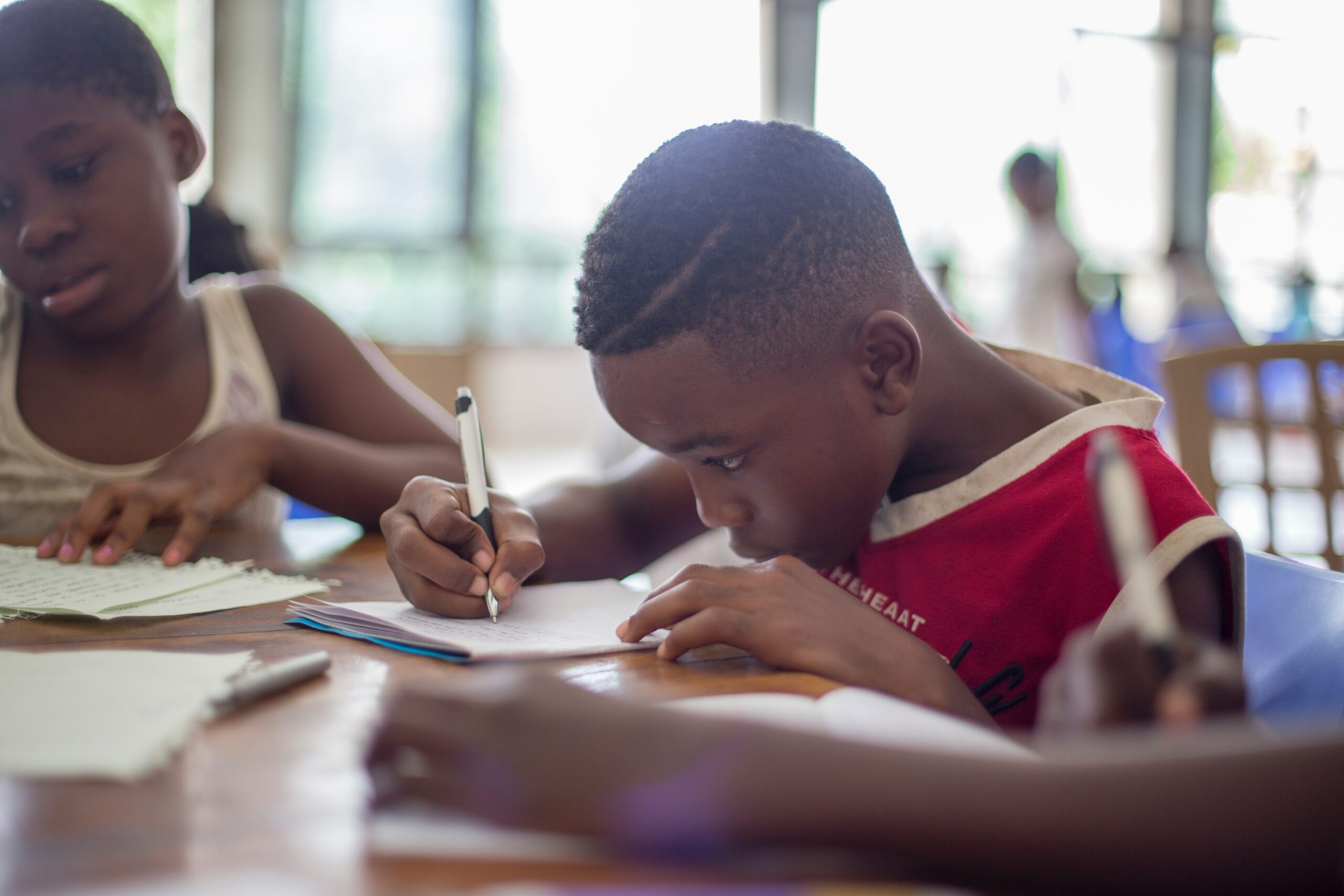Overview
Despite the catalytic potential of interdisciplinary research, special education and dis/ability research has been historically siloed within disciplines, such as education, learning sciences, medicine, neuroscience, humanities, public policy, psychiatry, and technology. Currently, only a handful of research efforts across the U.S. are working on interdisciplinary discovery and development.
Recent advances in neuroscience, data analytics, learning sciences, and medicine offer new opportunities to advance knowledge. Progress in technology, artificial intelligence, and contextual analysis can render scientific advances into effective solutions. Policy, law, and economics offer new opportunities for ensuring access and opportunity through repositioning the social, legal, and economic underpinnings of community life and education. These frontiers require engagement from the humanities to continue to ensure that development and application are mediated by human considerations of culture, language, ethics, and the expression of the human soul.
We encouraged interdisciplinary research submissions that advance asset-based approaches to pressing challenges facing individuals with learning differences. Successful applications catalyzed creative and transformative research to improve learning outcomes for students aged 5 through 21. With a preference for early career investigators, this funding was open to all Stanford faculty and post-docs who include research collaborators from one or more disciplines, to foster the development of interdisciplinary networks. Proposals focused on one or more of the following:
- The design of learning environments, learning tools, and/or learning practices that address equity issues (e.g., challenges related to access or opportunities) involving learners with learning differences. This may include but is not limited to challenges that require the integration of anthropological, architectural, archaeological, biological, cultural, environmental, legal, sociological, and technological perspectives on learning.
- Understanding of learning differences across sensory, physical, cognitive, and/or social/emotional dimensions of human capacity within specific contexts.
- Assessments of human and/or institutional capacities, particularly in the contexts of education, medicine, policy, and psychology and interdisciplinary responses (e.g. re-framings, interventions) to advance inclusive education agendas.
